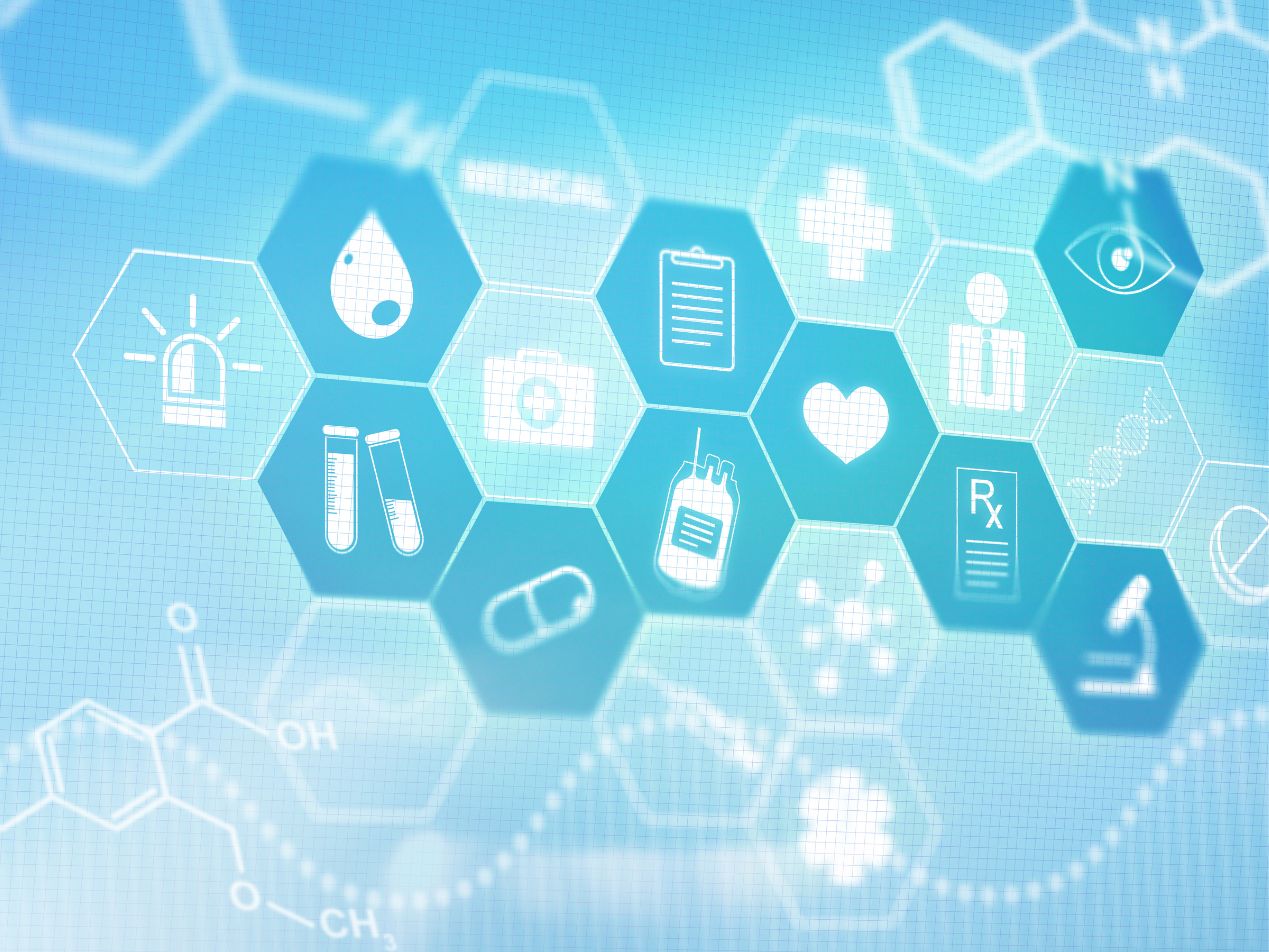3 min read
Why is SOC 2 availability important in healthcare systems?
Tshedimoso Makhene
Jan 21, 2025 10:54:24 AM

SOC 2 availability demonstrates a healthcare organization’s commitment to providing uninterrupted and reliable services to their patients. It helps ensure that critical systems and data are accessible when needed, and healthcare organizations can, therefore, minimize the risk of system downtime and protect patient data.
What is availability?
SOC 2 availability is a component of the SOC 2 framework, focusing on evaluating the controls and measures that a service organization has in place to ensure the availability of its systems, services, and data in the event of a system downtown.
Elements of SOC 2 availability:
- Redundancy: Organizations are expected to have redundancy measures in place to prevent disruptions to their services in the event of hardware or software failures. This often involves having backup systems, servers, and network connections that can seamlessly take over in case of a failure in the primary infrastructure. However, in a recent survey of IT decision-makers, 99% said they have backup strategies in place. However, 26% of them acknowledged that they couldn’t fully restore all their data or documents when recovering from a backup.
- Disaster recovery plans: On February 21, 2024, an unprecedented cyberattack hit Change Healthcare, causing mayhem in healthcare organizations across the United States. This attack also resulted in a $22 million ransom payment and downtime to its operations. Healthcare organizations must develop and maintain comprehensive disaster recovery plans. These plans outline the procedures and strategies to recover and restore operations in the event of natural disasters, cyberattacks, or other unexpected events that may disrupt services.
- System uptime: SOC 2 compliance requires service organizations to monitor and report on their system uptime. This involves tracking and reporting on the amount of time their systems are operational and available to users. This metric is a key indicator of an organization's commitment to ensuring the availability of its services.
- Monitoring and testing: Healthcare organizations are expected to continuously monitor and test the controls and measures in place to ensure system availability. This proactive approach allows them to identify and address potential issues before they lead to significant downtime.
- Response to incidents: In addition to preventive measures, SOC 2 compliance also looks at how an organization responds to incidents that impact availability. This includes having incident response plans in place to minimize downtime and disruptions when issues do occur.
Read more: HIPAA Compliant Email: The Definitive Guide
Why is SOC 2 availability important in healthcare systems?
SOC 2 compliance, particularly the availability principle, helps healthcare professionals guarantee that systems and data remain accessible when needed. It evaluates redundancy, disaster recovery plans, and system uptime, all of which are vital for delivering uninterrupted patient care.
Here is how availability impacts healthcare security systems:
- Patient care and safety: In healthcare, timely access to patient records, medical history, treatment plans, and diagnostic tools is essential for providing quality care and ensuring patient safety. Any disruption in the availability of these resources can lead to incorrect treatments, medication errors, delays in care, and even life-threatening situations. Patients rely on healthcare professionals to have access to accurate and up-to-date information, making system availability a top priority.
- Urgent and time-sensitive situations: Healthcare operates in a high-pressure environment where critical decisions often need to be made in seconds. Healthcare professionals must have immediate access to patient data anywhere, at all times. System downtime during such situations can have dire consequences, including delayed diagnoses, mismanagement of acute conditions, and complications that could have been avoided with timely intervention.
- Regulatory compliance: Healthcare regulations, like HIPAA, address the need to ensure the availability and integrity of patient data. Non-compliance can result in substantial fines and legal consequences for healthcare organizations, underscoring the importance of maintaining availability to meet these regulatory obligations.
- Cybersecurity threats: The healthcare industry is a prime target for cyberattacks due to the wealth of sensitive patient data it holds. Ransomware attacks, data breaches, and other cybersecurity threats can lead to data loss, data encryption, and system disruptions, causing healthcare facilities to lose access to vital patient information.
- Continuity of operations: Interruption in service, whether due to technical failures or natural disasters, can disrupt the continuous delivery of healthcare services. Availability measures ensure the continuity of healthcare operations, even in the face of unforeseen challenges.
- Efficiency and productivity: Healthcare professionals rely on electronic health records (EHRs), medical imaging systems, and other digital tools to streamline their work and improve productivity. A lack of availability can disrupt workflows, causing delays in administrative tasks, prescription orders, and coordination of care. This not only affects patient care but also hampers the efficiency of healthcare facilities.
- Legal and liability concerns: In the event of a patient harm or malpractice lawsuit, access to complete and accurate patient records is crucial for healthcare professionals to defend themselves. If records are unavailable due to system downtime, it can place healthcare providers at a legal disadvantage and lead to potential liability issues.
Go deeper:
- HIPAA violations & enforcement
- Surge in health data breach lawsuits is a growing concern
- Paubox Weekly: CISA and HHS launch cybersecurity healthcare toolkit
FAQs
What is SOC2?
System and Organization Controls 2 (SOC2) is a set of criteria developed by the American Institute of Certified Public Accountants (AICPA) for managing customer data based on five "trust service principles"—security, availability, processing integrity, confidentiality, and privacy.
What specific challenges do healthcare organizations face in ensuring availability?
Healthcare organizations face challenges such as:
- High uptime requirements: Ensuring systems are available 24/7 to support patient care.
- Regulatory compliance: Meeting stringent regulatory requirements for data availability and disaster recovery.
- Complex IT environments: Managing the availability of diverse systems and devices used in healthcare settings.
How can healthcare organizations integrate SOC 2 Availability with other security frameworks?
Healthcare organizations can integrate SOC 2 Availability with frameworks like HIPAA by aligning their controls and processes. This includes using common control sets, conducting joint audits, and ensuring comprehensive documentation that meets multiple regulatory requirements.



%20-%202024-12-30T131418.256.jpg)
%20-%202024-11-13T063002.612.jpg)